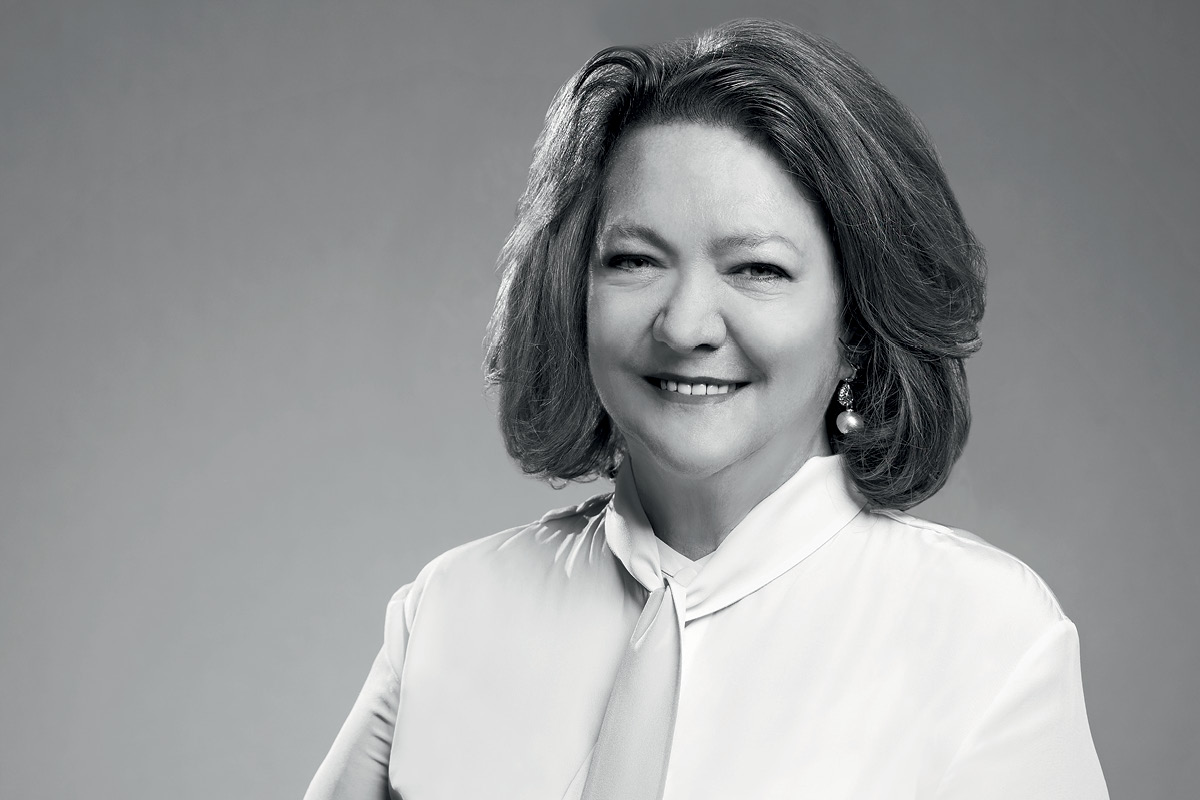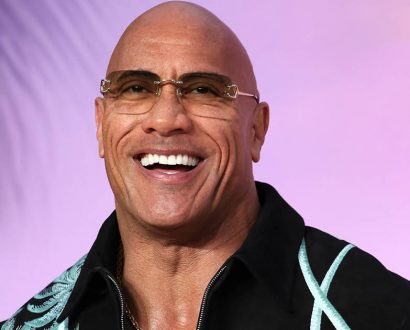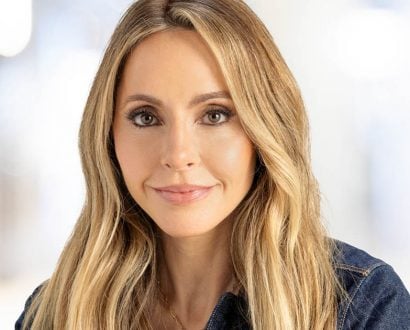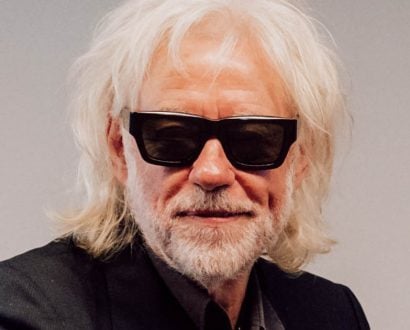Gina Rinehart
Owner and Executive Chairman, Hancock Prospecting Group
Owner and Executive Chairman of the Hancock Prospecting Group, Gina Rinehart has had a formidable career. The influential business mogul is possibly the most accomplished female businesswoman in history, and she’s worked incredibly hard to get to where she is today.
The only child of iron ore magnate Lang Hancock, Perth-born Gina quickly followed in her father’s footsteps, and after his death in 1992, built on his legacy to become one of Australia’s most hard-working and influential entrepreneurs.
Over the years, Gina has developed and expanded the company’s interests outside mining, to invest in media and livestock. And, as a result of her efforts, she has amassed an abundance of awards, including The CEO Magazine’s Chairperson of the Year Award in 2014 and 2017, the 2011 Government Media Mining Awards for Outstanding Leadership of a Mining Company, and the 2009 Australian Export Heroes Award.
Gina is also known for her philanthropic work in Cambodian orphanages and in promoting the development of northern Australia. She has openly spoken and written articles about Australia’s north, and founded the lobby group ANDEV to further the cause.
In her work life, she has an old-fashioned, no-nonsense approach to achieving success in business, simply putting it down to hard work and sheer responsibility. Her advice is to “work hard, be polite, try to be well presented, and act responsibly at all times”.
“It’s important to work just as hard as your other colleagues – indeed, harder if you want to get ahead,” she continues. “Show willingness to work late, through lunches, on weekends, on public holidays and during annual leave, if you truly want an executive role. Don’t sit back and make suggestions or argue for quotas; show you truly deserve the position.”
Her philosophy when it comes to leadership is equally straightforward, and her motto is ‘Lead by example’.
“You need to show hard work, long hours and real dedication to the company. You also need to get a similarly minded executive team. Finally, you have to communicate your message to others,” she says.
When it comes to how Gina keeps herself motivated, she admits there’s an altruistic side to her steely exterior and says her drive comes from being able to contribute to the nation.
“That helps keep me motivated, believing my contribution is good for our company, state and nation. The major and mega mines our company has invested in and been driven
to create will bring much-needed revenue, opportunities and jobs to the north and to debt-ridden Australia,” she tells The CEO Magazine.
“I have built Australia’s most successful private company ever, so I believe my contribution has, if considered fairly, been of value, and I’d like to continue to contribute.”
“I have built Australia’s most successful private company ever.”
To understand Gina is probably to hark back to her role models. In terms of inspiration she credits her maternal grandfather James Nicholas and his business partner ‘cattle king’ Sir Sidney Kidman for their sheer hard work and tenacity.
Her grandfather began working at the age of 13, eventually becoming state manager of Cobb & Co., which he later went on to own. He also brought the first buses to Western Australia. Gina says he was “always thinking and was an outstanding entrepreneur and contributor to our country”.
Similarly, Kidman also began working as a young teenager with only a few shillings in his pocket, the clothes on his back, and his one-eyed horse, Cyclops. “He took any jobs he could and saved his money, sending much of it back to his mother, including saving his first earnings to buy and mail a shawl to her,” Gina recalls.
“These were people who worked hard and contributed significantly, despite suffering losses early in life and having to make a go of it – from having nothing and with little education to supporting themselves and their family members, even from the age of 13.
“They didn’t give up; they didn’t jump on an ‘I’m entitled’ bandwagon; didn’t waste their lives drinking or drug-taking despite their misfortunes; and didn’t spend their lives breaching agreements. They didn’t try to steal what others had created but went out and worked hard and contributed to our country. Truly inspiring people.”
Considering her career to date, Gina’s proudest achievement has been sailing out on MV Anangel Explorer for the Roy Hill mining project’s historic first shipment of iron ore in December 2015.
“For me, as Executive Chairman, the rarity of seeing a project from its temporary tenement stage to exploring, finding ore deposits previously not identified despite significant difficulties, right through to studying, financing, construction and becoming a mine – in fact, three major mines plus a mega-mining project… This is rare worldwide,” Gina states. “Usually, an Executive Chairman doesn’t drive a project all the way from initial temporary tenements to successfully achieving shipment,” she explains.
Gina confesses that the one thing she commits to every day without fail is her work. There are no holidays or sick days for this powerhouse.
“There is always a lot going on at Hancock, from rescuing the company group from huge difficulties to building it successfully. I’d work every day of the year, 365 days if required,” reveals Gina.
Melanie Perkins
Co-Founder & CEO, Canva

Frustrated with the time it took to complete a simple graphic design task, 19-year-old communications student Melanie Perkins decided to fill the market gap with her own easy-to-use online platform. Founded in Sydney in 2014 with the intention of “democratising design”, Canva offers web-based design tools for non-professional graphic designers as an alternative to Powerpoint or Adobe’s design suite. “Canva re-imagines design for the digital age. It’s a tool for everyone – regardless of income, design experience, your language, or device,” Melanie explains.
After closing a US$40 million capital funding round in January this year, Canva shot up the ranks to become Australia’s next tech unicorn – worth US$1 billion. At just 30 years old, Melanie continues to challenge the archetype of success in Silicon Valley (an elite, educated young male) and is now one of tech’s youngest female CEOs. “I learned the power of determination quite early in life,” Melanie explains. “And it’s not just the extroverts that get ahead; as an introvert myself, the best piece of advice I can give is to just start and learn as much as you can along the way.”
Looking ahead, she plans to use this latest funding to continue expanding Canva’s 10-million-strong user base, and double its 250-person workforce. But at the end of the day, Melanie is motivated by something greater than money. “Every day, I get to work with smart and kind people to tackle huge challenges that help millions of people across the globe,” she explains.
“I spend my time improving the things I can change, not worrying about the things I can’t. More than 20,000 not-for-profits around the world use Canva to raise awareness for their causes that’s what makes all the work worth it.”
Dr Rebecca Johnson
Director, Australian Museum Research Institute
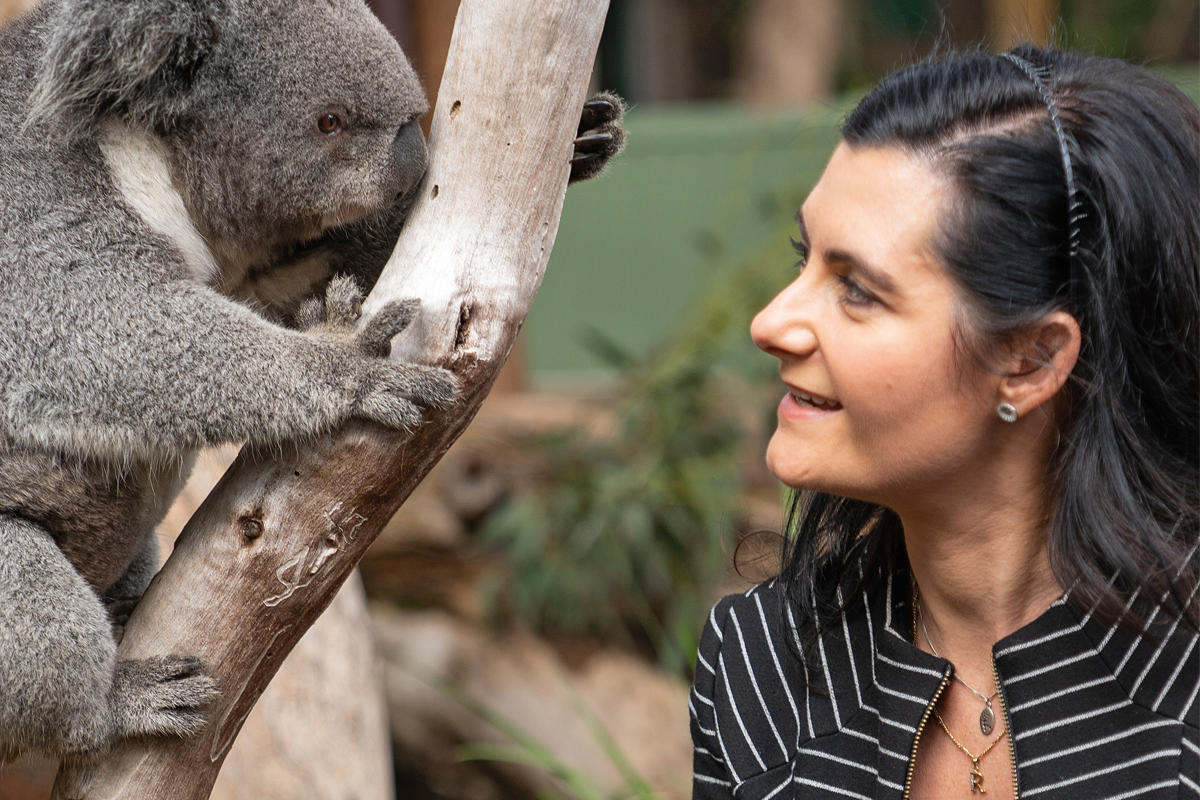
Rebecca Johnson can pinpoint the moment she knew she wanted to become a scientist. As an 11-year-old, she read the children’s book Sadako and the Thousand Paper Cranes in which a young girl dies of leukaemia. Upon finishing the book, she announced to her parents that she was going to cure cancer.
Having nurtured an interest in foundational sciences over the subsequent decades, Rebecca recently made headlines due to her work with the Koala Genome Consortium, a team of 54 scientists who have sequenced the koala genome. Response from the scientific community has been positive, but Rebecca is even more thrilled to see the general community paying attention. “It is so important for people to understand how science can improve things like the conservation of iconic species,” she says.
A “big, hairy, audacious goal” for Rebecca is to increase awareness of museum science. “So much amazing work goes on in museums and herbariums,” she says, and she wants to encourage people to engage with the knowledge “about our environment and our history and our culture” contained within them. She wants to see more role models for young women considering STEM careers, and is reassuring on the topic of doubt. “Self-doubt is completely normal,” she says. “Ride with it, accept it, and back yourself regardless.”
Carla Zampatti
Executive Chairman, Carla Zampatti
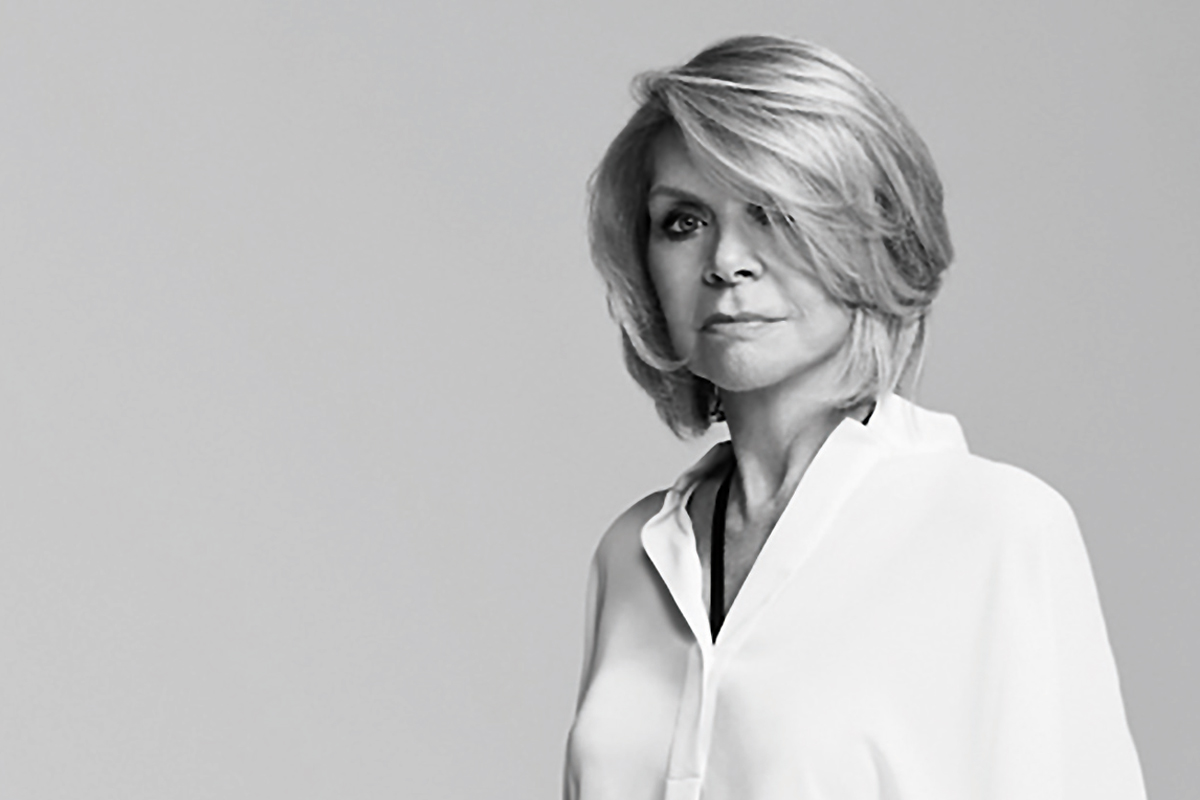
The best decision Carla Zampatti ever made was to start her eponymous fashion label, more than 50 years ago. “I knew that women wanted something different back then,” she says. “It is no different today: women are always looking for something unique, that flatters them, fits well, and gives value for money.”
Part of Carla’s formula for success is starting with an original idea that has the capacity to evolve over many years. This malleability is crucial to the development of a strong brand, particularly in an industry that changes as rapidly as fashion does.
With sustained growth in online purchases, the company is prioritising investment in its ecommerce store, where a different style of photography is required to allow consumers to understand exactly what they are buying. And where once the seasonal cycle dictated the brand’s offerings, Carla notes that customer wants are now being catered to with trans-seasonal collections.
While Carla listens to her customers’ wants, she is also committed to pushing back and challenging them, if necessary. This, too, is part of the brand’s success, alongside a commitment to supporting her employees to be their best. Success, surely, comes also from following her own advice:
“Do not stress over the little things, and do not overextend your borrowings.”
Tracey Spicer
Founder, NOW Australia
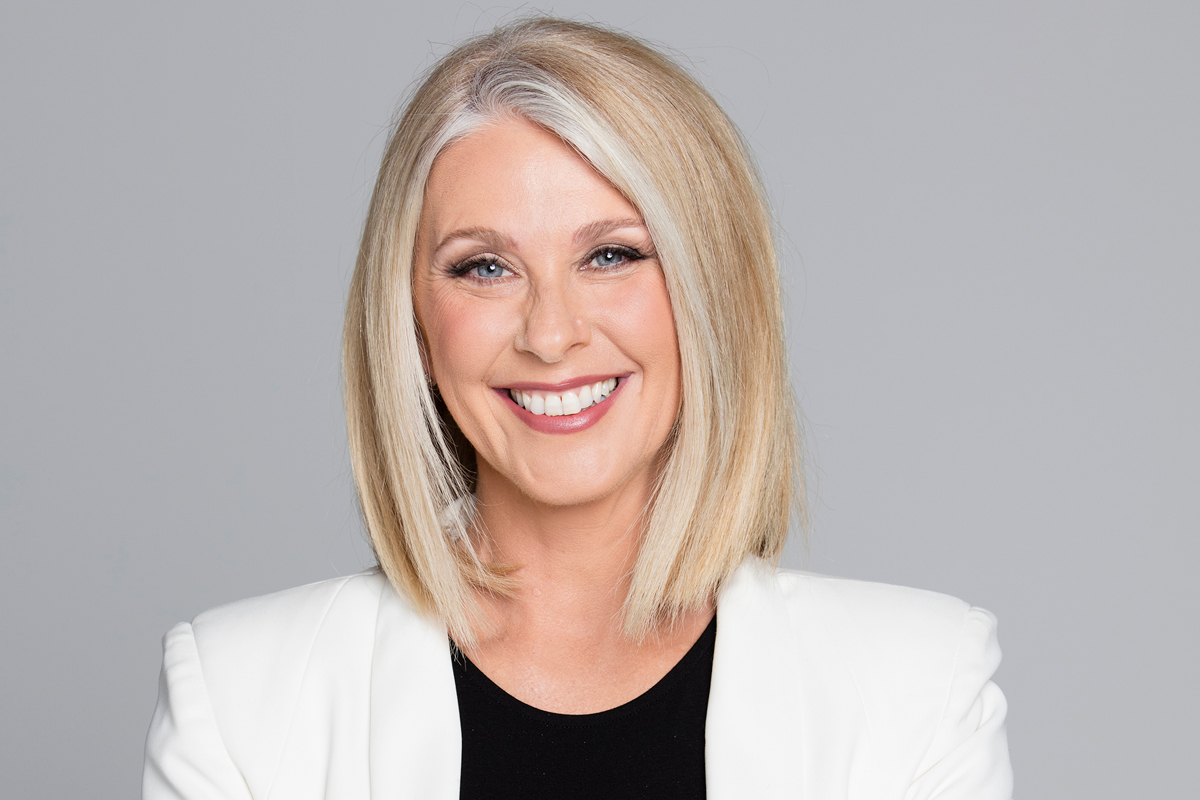
In the wake of the Time’s Up movement in the US, journalist Tracey Spicer worked with a diverse group of women to create Australia’s equivalent, NOW Australia. The organisation aims to connect anyone experiencing sexual harassment in any industry, with the legal or counselling support they need.
“Privately, I am working with a variety of media outlets on investigative journalism pieces about serial sexual harassers in the media sector,” Tracey says. “Those investigations are now widening to include all workplaces, especially those where the power imbalance between the genders is at its widest.”
The organisation has several ambassadors involved, including actor Deborah Mailman, musicians Sarah Blasko and Missy Higgins, and TV presenter Faustina Agolley. Its inaugural patron is Carnival Australia Executive Chairman Ann Sherry.
For Tracey, the most rewarding part of establishing NOW Australia has been seeing the world-first inquiry into sexual harassment in the workplace happen as a result of strategic conversations with powerbrokers in government, the media and statutory authorities.
If there is one thing Tracey would tell her younger self, it is to harness the power of collaboration:
“Sometimes challenges seem enormous, but if you can connect with others working towards the same goal, it becomes more achievable.”
Ronni Kahn
Founder & CEO, OzHarvest
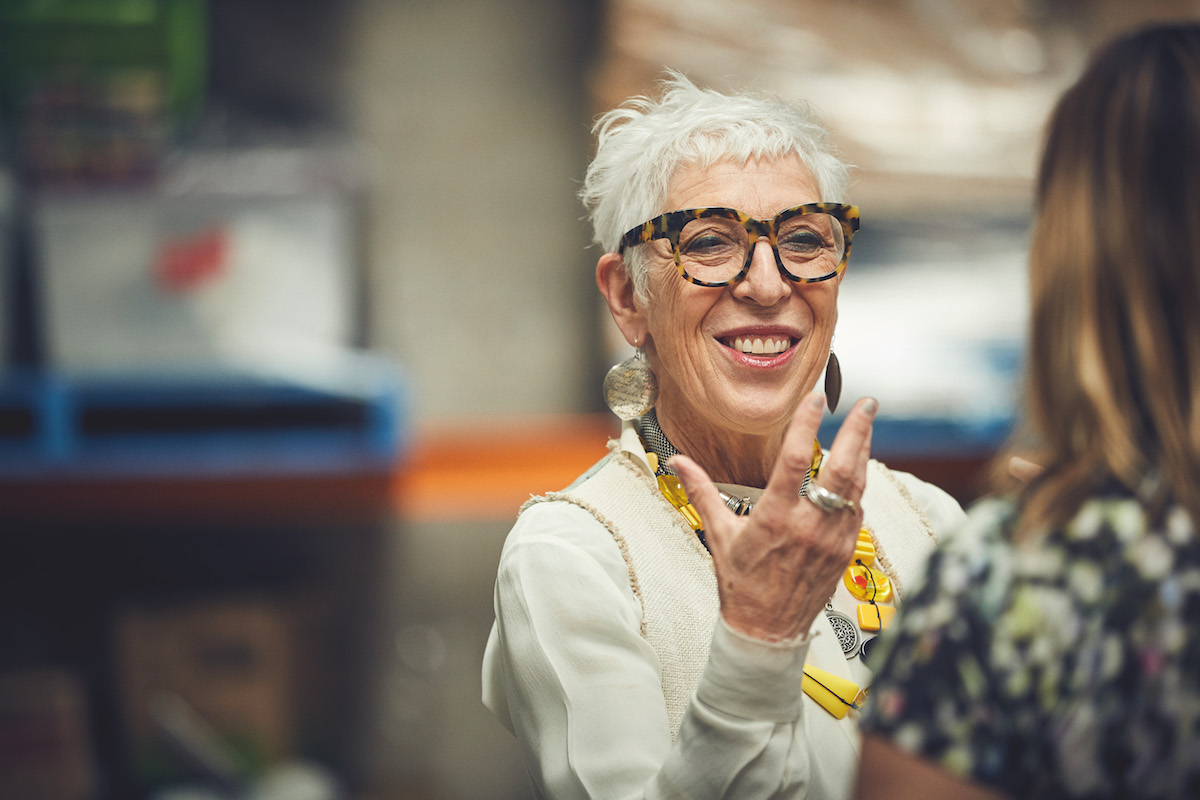
After graduating from university, OzHarvest founder Ronni Kahn lived on a kibbutz for 10 years. “On a kibbutz you do a whole range of jobs – from working with kids, to working with cows, to running the accounts department,” she says. This panoramic experience set her in good stead: no stranger to breaking new ground, Ronni once again has many irons in the fire.
Coming off the back of a nationwide tour of the documentary Food Fighter, directed by Dan Goldberg, about her one-woman crusade against food waste, Ronni has recently started a social enterprise dedicated to investigating tech solutions in the food and agricultural sector and, in June, OzHarvest launched its Fight Food Waste campaign.
Designed to help halve food waste in Australia by 2030, the campaign represents the first time that OzHarvest is directly targeting individual consumers, and Ronni hopes
it will incite “a major shift in our behaviour”. Attention will soon be turning to the 2019 OzHarvest CEO CookOff, an event held annually to combat the invisibility of vulnerable people by inviting leaders to break bread with them.
Ronni has some sound advice for her younger self. “Who you think you are now has no bearing on who you could be,” she says. With intention and the right attitude, the possibilities for change are limitless.
Dr Catriona Wallace
Founder & CEO, Flamingo AI
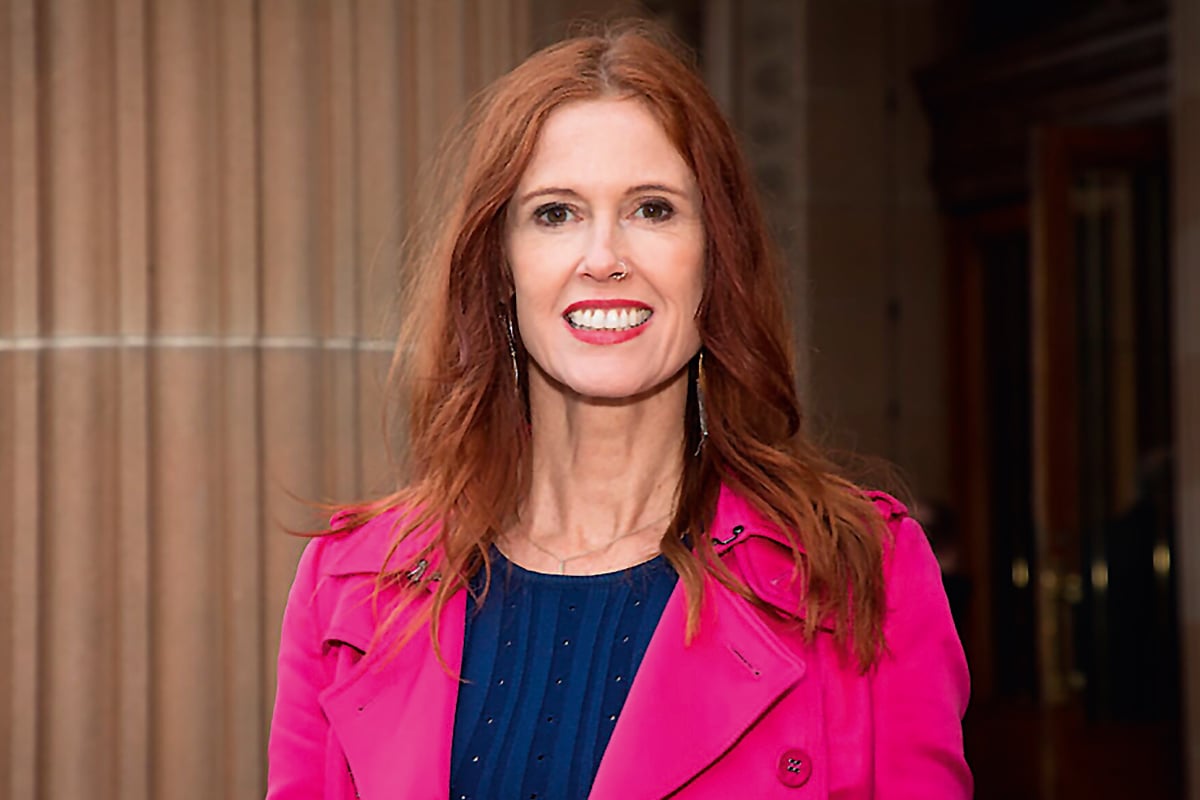
Catriona Wallace isn’t one to stay inside her comfort zone. After dabbling in agriculture and the police force, she launched her own consulting company at the age of 23 and quickly found success in the realm of computer technology and customer experience. As a founder and major shareholder of ACA Research and award-winning consultancy Fifth Quadrant, Catriona saw a gap in the market for a software company that solved the problem of low online sales conversion rates and poor customer self-service experiences online.
So, in 2013 she founded Flamingo AI – a high-tech Artificial Intelligence FinTech and ASX-listed company that now provides machine learning virtual assistants ‘Rosie’ and ‘Maggie’, and knowledge engine ‘Libby’, to help financial services firms interact with their customers through a conversational commerce platform. “We’ve built AI technology that can be accessed and used by anyone – not just the big end of town – and that’s pretty cool. Our intent is to power human capability,” Catriona explains. “Looking ahead, our focus is on scaling and commercialising the business across the US, Australia and Asia–Pacific.”
Having raised a massive A$25 million in just four years, Flamingo is one of only two companies on the ASX with a female chief executive and chair, and proudly boasts a 40% female workforce. “In the beginning, I had to work 150 times harder than my male counterparts just to get a foot in the door,” Catriona recalls. “This only motivated me further to become a role model for girls and women in tech, and to inspire and mentor female entrepreneurs worldwide. Flamingo is diverse in gender, race, age, sexuality and mental health. This helps us attract and retain world-class talent.”
To nurture female leaders in Australia, in 2014 Catriona launched The Ventura Australia’s first major co-working space for women-led businesses. Based in Sydney, it provides support services for female entrepreneurs, CEOs, founders, co-founders and their teams.
Terri Janke
Founder, Terri Janke and Company
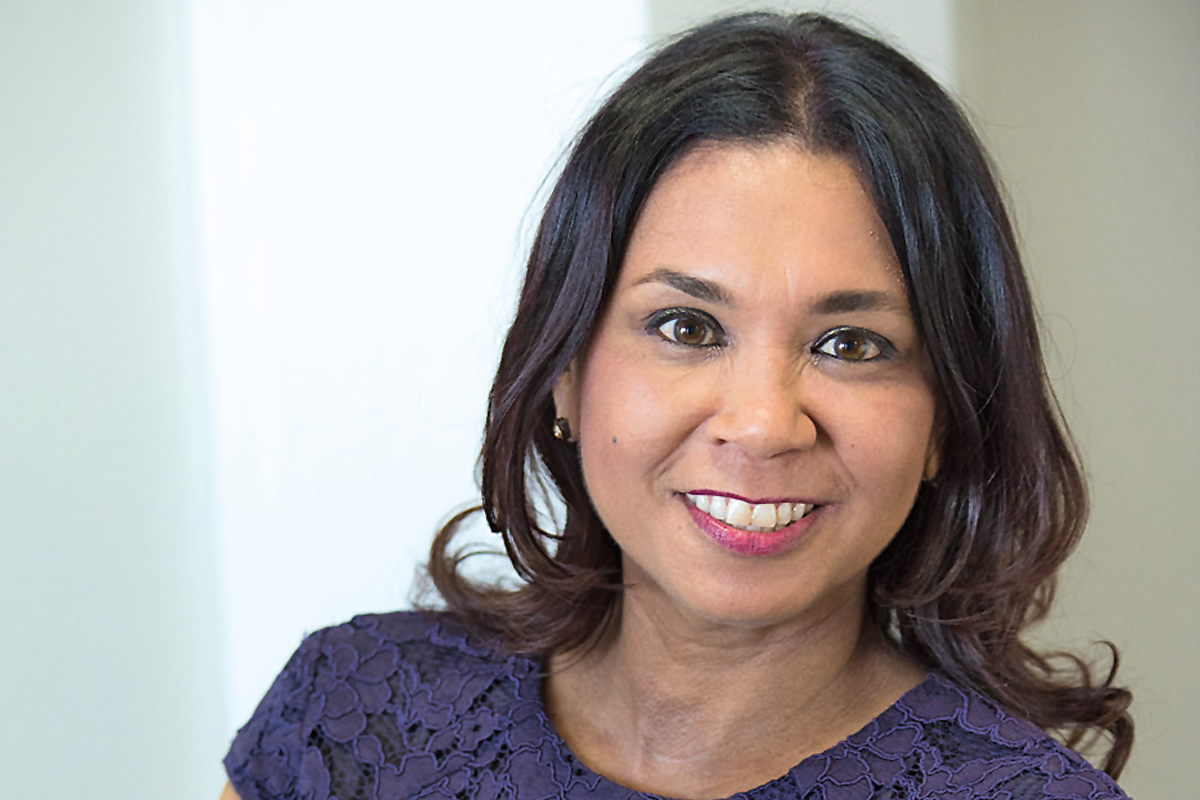
Since establishing the Indigenous-owned law firm Terri Janke and Company in 2000, the eponymous founder has been leading change in commercial law and Indigenous cultural and intellectual property, dealing with Indigenous clients nationally and internationally.
Terri, who is a Wuthathi/Meriam woman from Cairns, was inspired to become a lawyer after witnessing strong advocates for Indigenous land rights and social justice issues in the media.
“I thought being a lawyer would be useful if I wanted to further Aboriginal and Torres Strait Islander empowerment,” she says.
While taking a break from her law degree, Terri worked in the arts, where she became specifically interested in commercial and copyright law. “Indigenous people have this rich and vibrant culture and there needed to be laws like those favouring non-Indigenous creators,” Terri explains.
“So the law firm came out of wanting to give Indigenous people access to legal services that weren’t available to them before. We’ve developed leading protocols on how you deal with Indigenous cultural and intellectual property in the arts and in business.”
And looking back over her career, one thing Terri would advise her younger self is to believe in herself.
Marita Cheng
Founder of Robogals & Aipoly, founder & CEO of Aubot
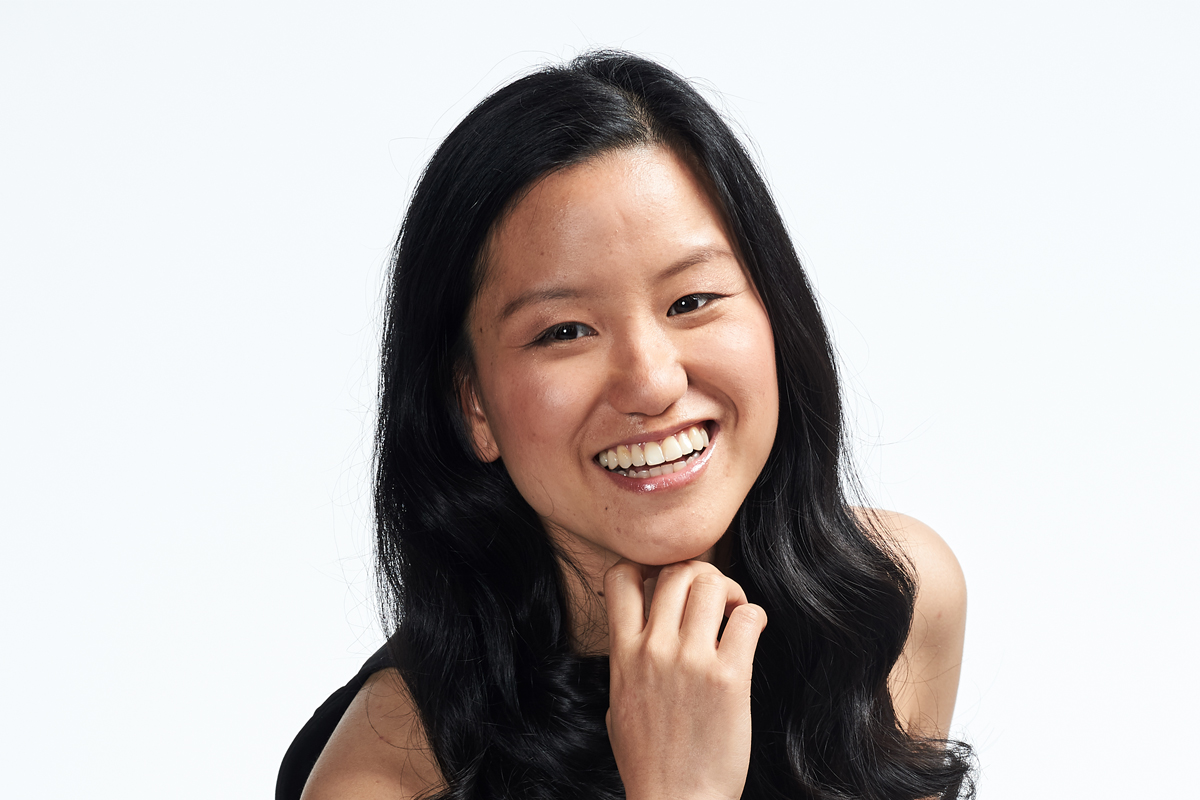
The resume of technology entrepreneur Marita Cheng reads a little differently to that of your average 29-year-old. In 2008, aged 19 and still at university, Marita founded her first start-up, Robogals – a student-run global organisation aimed at inspiring young girls to study engineering and technology. “It all started with a small group of primary school girls in Melbourne,” says Marita. “Today, we’ve touched the lives of more than 70,000 girls through our interactive robotics workshops.”
Next came her robotics start-up, Aubot, which produces the telepresence robot, Teleport. Sold to offices, museums, co-working spaces, hospitals for kids with cancer, and for security, the robots are designed to help people in their everyday lives – from a robotic arm for the disabled to a robot that connects people in remote communities with the outside world.
“We started shipping our robots last year and they’re now used every day in schools around Australia, giving kids the chance to go to school remotely,” explains Marita. “This only scratches the surface of what these robots are capable of and, later this year, we’re launching four new robots that will be shipped all over the world.”
Marita is also the co-founder of Aipoly, a smartphone app which helps the visually impaired recognise objects around them in real time. Since its launch in 2016, the app has been downloaded more than 500,000 times and has been translated into 23 languages. “I want to bring to the world technology that makes things easier for people,” she says.
Marita’s innovations have been recognised on a national and global scale. In 2012, she was named Young Australian of the Year and listed in Forbes 30 Under 30 Asia in 2016.
Emma Isaacs
Founder & CEO, Business Chicks
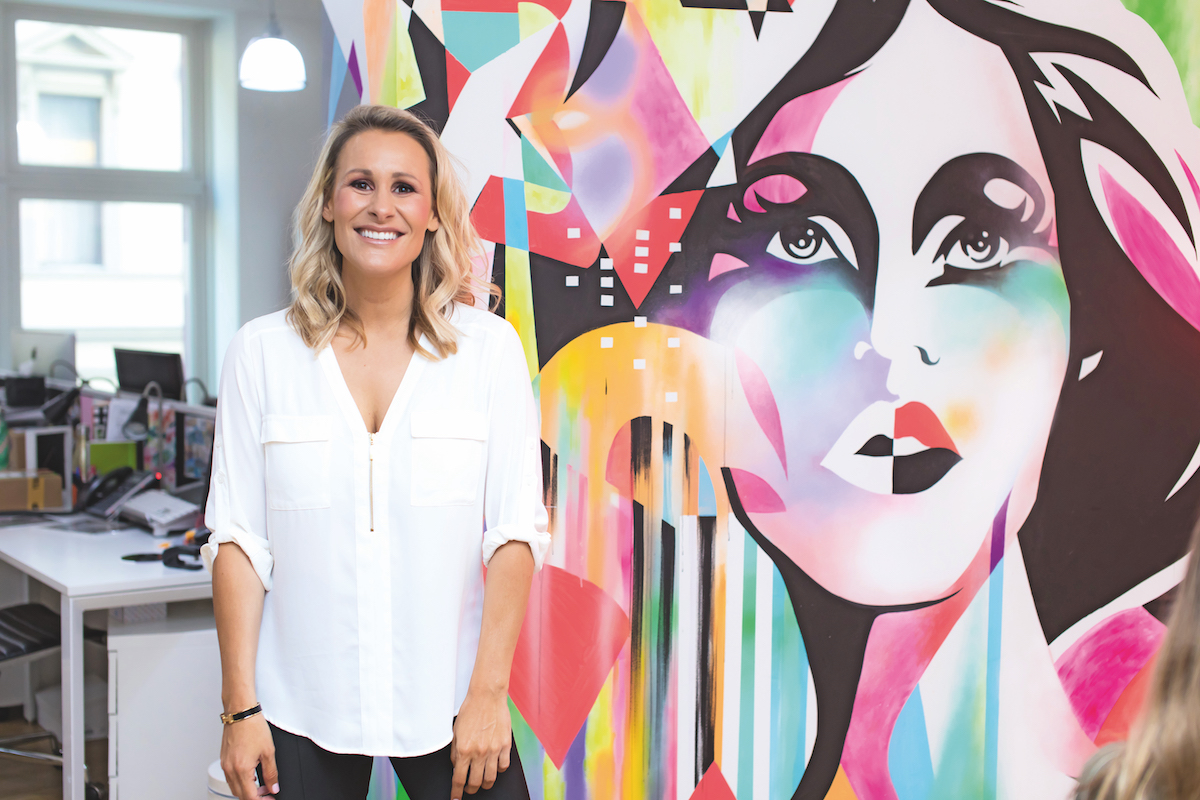
An eternally bubbly and optimistic individual, Emma Isaacs started her first business at the age of 18 before taking a leap of faith and buying Business Chicks. Since then, she has managed to turn a group of 250 into Australia’s largest community for women with a global network of 45,000 driven, formidable members. Plus, she took the brand to the US in 2016.
And did we mention she has five young children at home?
“I suppose I’d describe myself as an alpha-entrepreneur. I’ve never worked for anyone other than myself,” Emma admits. “I’m grateful to have started out so early. When you’re young, you don’t overthink things too much – you’re a bit more reckless, but in a good way.”
Through 100 annual events, Business Chicks connects its members with thought leaders and entrepreneurial idols including Arianna Huffington, Nicole Kidman, Diane von Furstenberg, Sir Richard Branson, Jamie Oliver and #GIRLBOSS Sophia Amoruso.
“I suppose I’d describe myself as an alpha-entrepreneur. I’ve never worked for anyone other than myself.”
Given everything she’s accomplished, you might be surprised to hear that Emma doesn’t adhere to a strict life plan, doesn’t set five-year goals, and certainly doesn’t believe in work–life balance. Instead, she believes in taking action, following her gut, and figuring the rest out as she goes along.
This unconventional approach is summarised in her book Winging It, where Emma spills her secrets on turning a dream into a job, a job into a business, and how to manage your time for the things that matter.
“I truly hope it becomes a bible for all career women. Whether they learn something about growing their business, growing their impact at work or becoming a better leader – it’s always better to ‘wing it’ than wait.”

